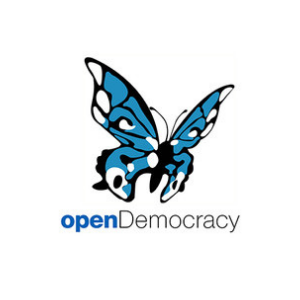Digital misinformation not only threatens Brazil’s 2020 municipal elections, it undermines democracy
By Robert Muggah, Pedro P. Augusto and Louise Marie Hurel
Published in Open Democracy
Many Brazilians were worried by the torrent of disinformation on social networks during this year’s bitterly contested U.S. presidential elections. This is because they face similar challenges during their own municipal elections this month. These elections, though local, are consequential: With 5,570 municipalities in Brazil—including key cities such as Sao Paulo and Rio de Janeiro— the results could shape the political landscape for the presidential contest in 2022. Just like Americans did, Brazilians are voting in the midst of a devastating pandemic, ruinous economic crisis, and a tsunami of digital propaganda.
Brazil’s first round of elections on November 15, at least, was an improvement: There was less digital propaganda and disinformation than during the more controversial presidential campaign in October 2018. Despite expectations of a wave of far-right victories, just 14 of the 58 candidates backed by Brazilian President Jair Bolsonaro were elected last week. While some ex-army and police officers clinched office, voters overwhelmingly supported more moderate and center-right politicians, including a record-breaking number of women and transgender candidates. One reason for the lack of digital sparks this time around is because public institutions and social media platforms took steps to mitigate fake news, hate speech and defamation.
Leia mais



